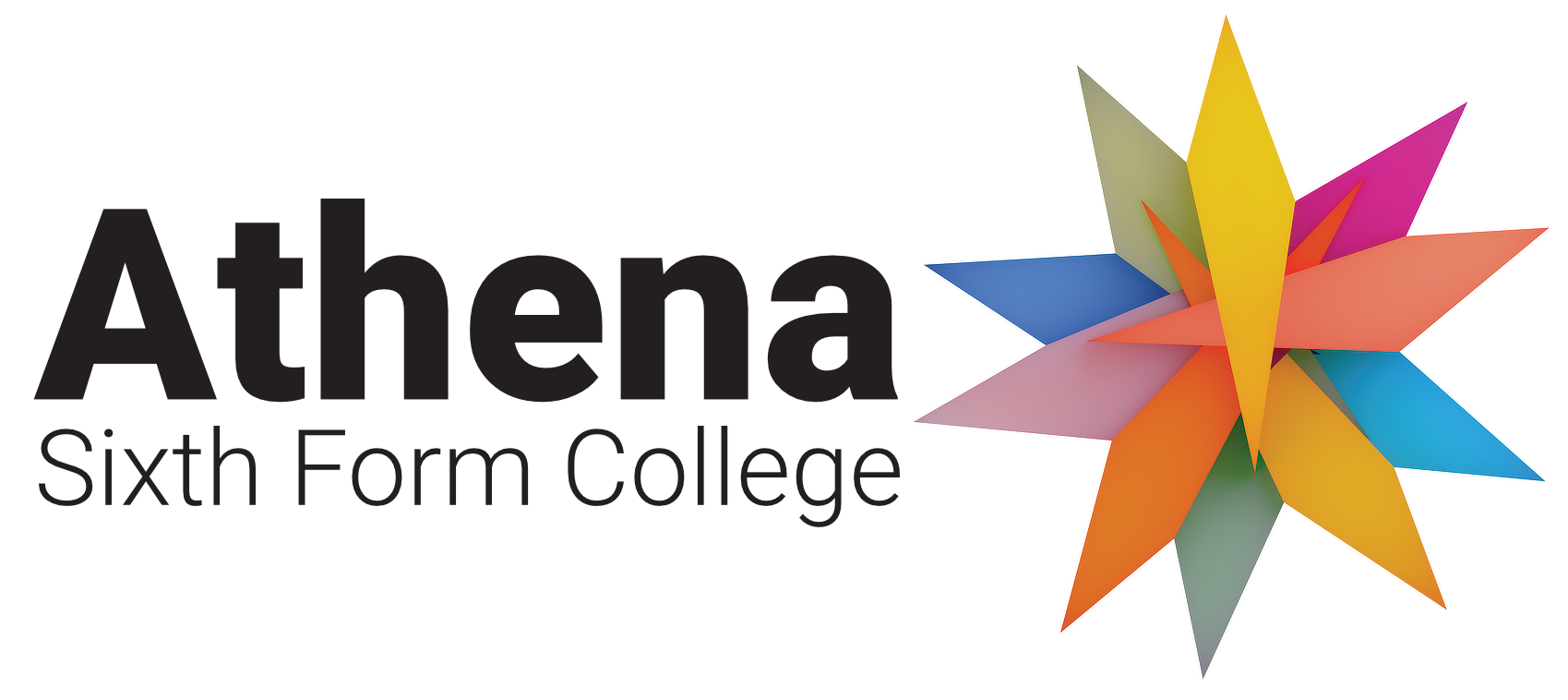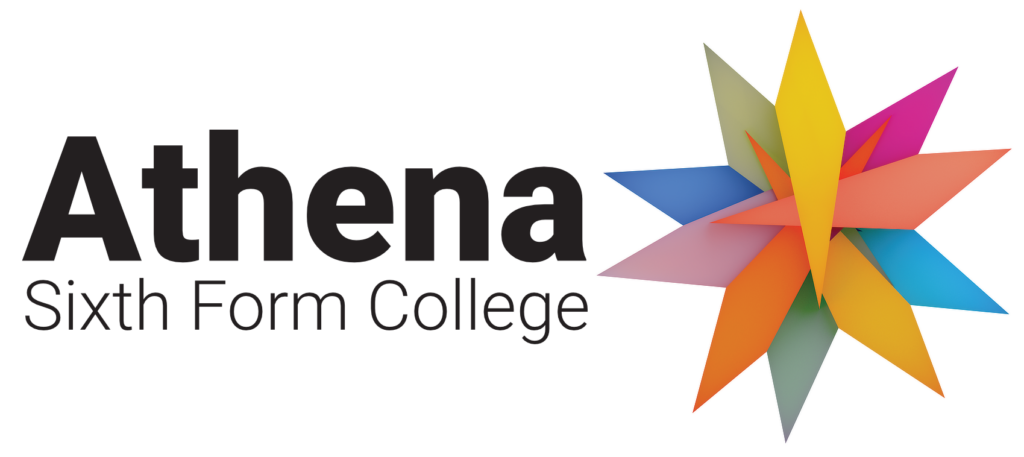Why Study?
Chemists conduct experiments to study how elements work in different conditions, test how they mix and work out what they are made up of right down to the tiniest particle.
The results can be ground-breaking, colourful, explosive, or almost impossible to see.
Chemists use their experiments and knowledge to develop medicines, foods, fabrics and other materials, from neon lights to shatterproof glass.
They also use it to understand the world around us, from why leaves change colour to discovering invisible pollutants in the air.
Pick up a can of soft drink and you’ll find chemistry everywhere, from the metal can you’re holding, to the paint used to cover it and the liquid inside.
Just breathe in and out and you’re performing a chemical reaction, which is a little scary, but pretty great too.
All that questioning and experimentation can be really handy when it comes to building a whole range of skills for work.
Chemistry helps you to develop research, problem solving and analytical skills. It helps you to challenge ideas and show how you worked things out through logic and step-by-step reasoning. Chemistry often requires teamwork and communication skills too, which is great for project management.
What can I do with it?
Chemistry will help you get ahead in most STEM (Science, Technology, Engineering and Maths) careers and more besides.
Chemistry is an important subject for careers in: medicine, environmental science, engineering, toxicology, developing consumer products, metallurgy (studying how metals behave), space exploration, developing perfumes and cosmetics, pharmaceuticals, energy, teaching, science writing, software development and research.
Subject combinations
Chemistry is sometimes known as the “central science” because it helps to connect physical sciences, like maths and physics, with applied sciences, like biology, medicine and engineering. Chemistry will help in your study of other sciences and technical subjects including maths, physics, biology, engineering, IT, psychology, geography and geology. But study it alongside a modern language or an essay subject like history at A-level and you will have even more options for courses and careers.
Extras
Insight HE+ programme. This is a programme run by the University of Cambridge that encourages and prepares more academically-able students to make competitive applications to top universities, including the University of Cambridge.
What will I study?
Development of practical skills in chemistry
This module involves developing the skills of planning, implementing, analysis and evaluation
Foundations in chemistry
Includes atomic structure, amount of substance, acids and redox, bonding and shapes of molecules
Periodic table and energy
Includes periodicity, reactivity trends, enthalpy, reaction rates and equilibrium
Core organic chemistry
Includes alkanes, alkenes, alcohols, haloalkanes, synthesis and spectroscopy
Physical chemistry and transition elements
Includes rate of reaction, equilibrium, acids, bases and pH, buffers and neutralization, enthalpy, entropy, transition elements, redox and electrode potentials
Organic chemistry and analysis
Includes aromatic chemistry, carbonyls and carboxylic acids, amines, amino acids and proteins, organic synthesis, chromatography and spectroscopy
Three written papers covering modules 1 – 6.
Paper 1 covers modules 1, 2, 3 and 5; 37% weighting
Paper 2 covers modules 1, 2, 4 and 6; 37% weighting
Paper 3 covers modules 1 – 6; 26% weighting

